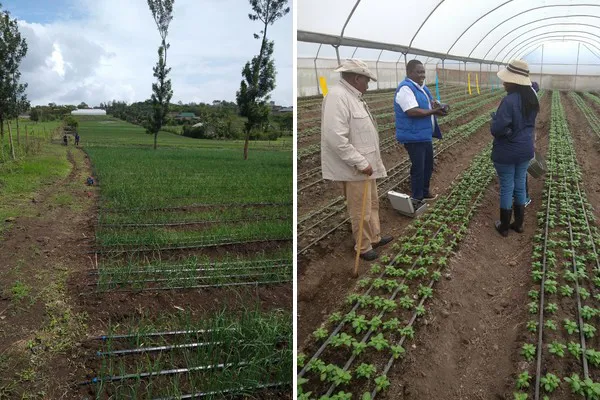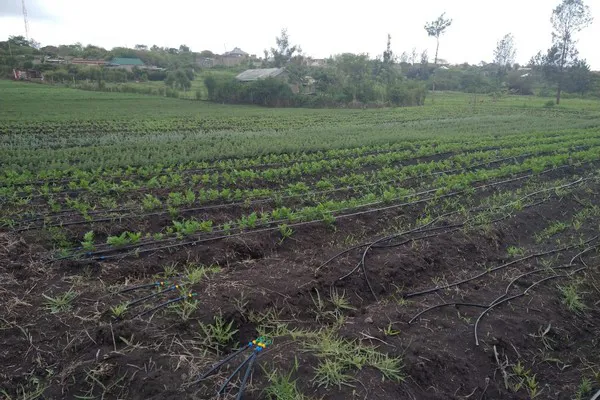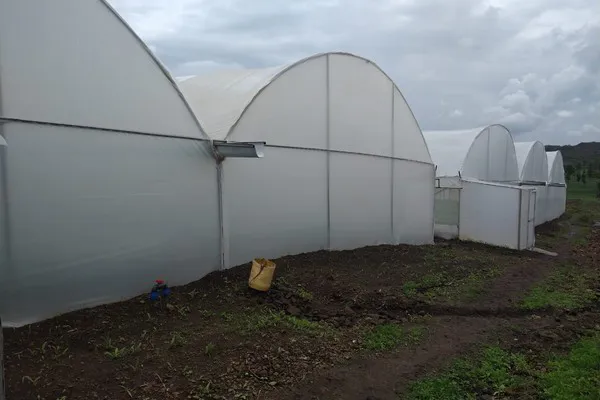Using herbs to build a community's future. That is Diana Gitiba's goal with Karmi Valley in Kenya. "The quarry, a major source of income in the region, is beginning to deplete. Because of that, many young people and women are left without job prospects. Our farm can help them find a future and, at the same time, we can market a high-quality product," she begins. The entrepreneur is now looking for partners to bring her herbs to the European market.

In September 2021, Diana, who had worked at Royal Shell and Oxfam International, decided to try her luck at farming by starting the Karmi Valley herb nursery. "We now own four hectares of land, of which almost two are in use." They grow herbs like basil, tarragon, rosemary, thyme, oregano, lovage, and marjoram. "Within two years, we want to have the entire four hectares in use, and if necessary, we can always scale up to using 25 hectares in total. Only then will we start focusing on other crops," she says.
"Firstly, we want to, obviously, supply our clients with high-quality, safe, nutritious products that benefit your health. As in many other parts of the world, climate challenges make things difficult for growers here. However, thanks to an irrigation system, we can differentiate ourselves. Through targeted planning, we can provide the same high quality throughout the year, and we can produce between 200 and 500 kilograms per week."

Aside from establishing trade, Diana has a second objective: creating jobs and a future for people in the region. "Specific stone opencast mining in the local quarry is starting to dwindle. Thus, the region seems to be in decline. We want to provide a solution. For now, we still have to use workers from elsewhere to maintain high-quality standards. Finding and training local people to meet that standard is still challenging. But, our goal is to eventually give our community a future again," she continues.
Karmi Valley is, thus, still mainly supplying the Kenyan market. But Diana is now focusing on exporting to Europe. That, however, comes with snags. "We're already in contact with several international traders, but exporting to Europe requires different certificates. Some organizations can help with this, which we greatly appreciate."
"We'd like to expand our production. I also definitely think that's possible, given the potential. We're an extremely reliable partner, and I consider myself professional and honest," Gitiba says, "something our existing customer relations reflect. We can, therefore, deliver reliably and are always looking for win-win relationships."

Finally, she is also keen to create added value for the people in her village. "Along with the people we employ, we've also started training interested people from other farms. These are often smaller companies, but we can help them increase their yields and provide access to other markets," Diana concludes, hoping to boost Kenyan exports and introduce the world to things like Kenyan herbs.
For more information:
Diana Gitiba
Karmi Valley
Email: [email protected]
